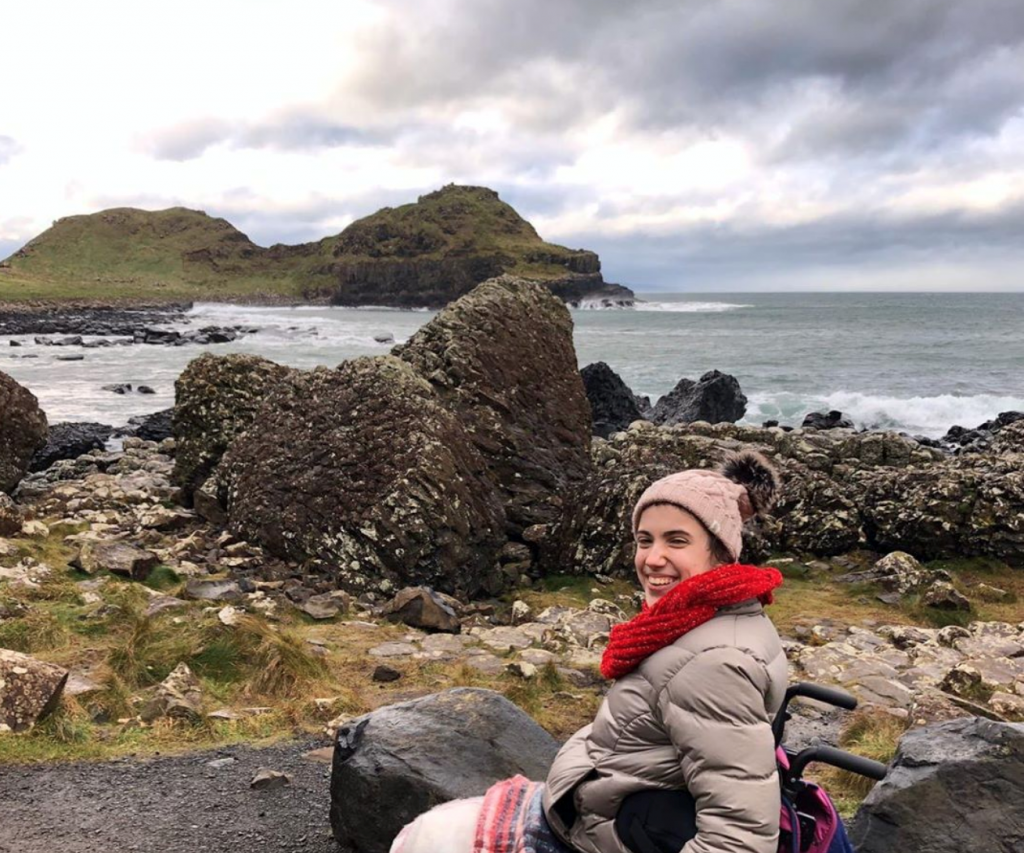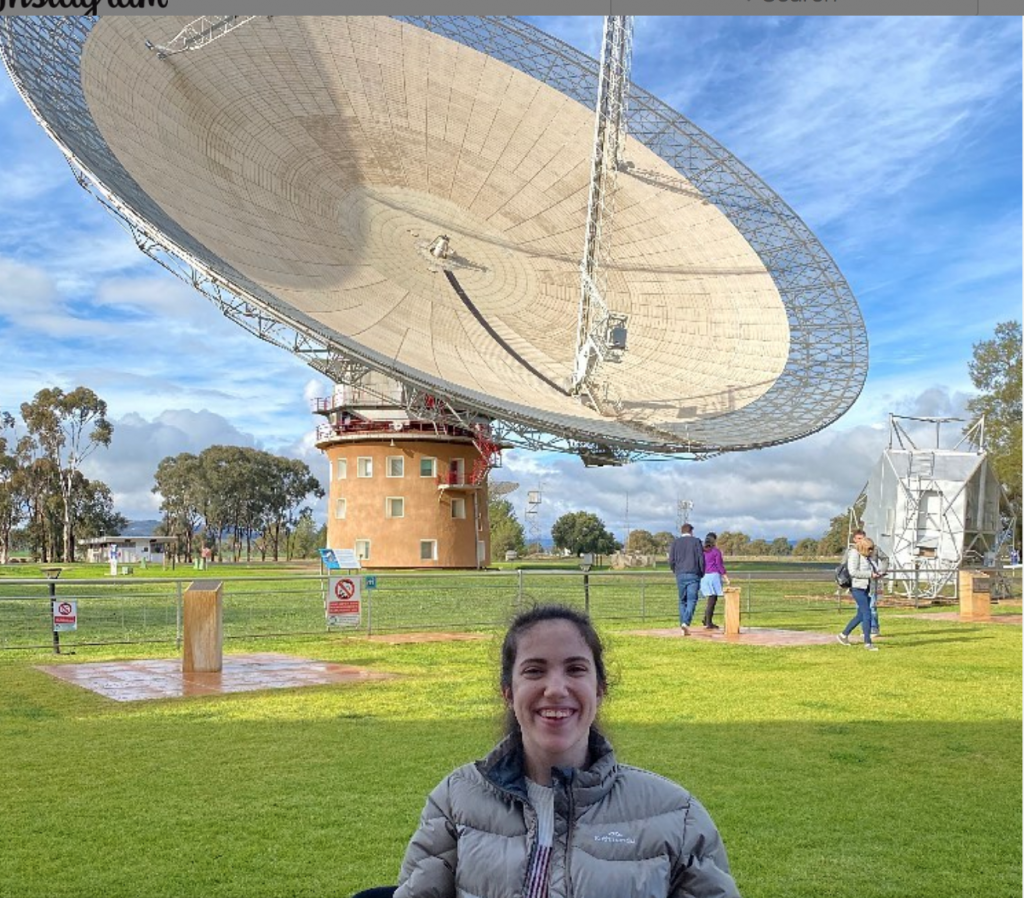Celebrating Word Cerebral Palsy Day
Hey everybody!
I’m Hannah and I’m a 21-year-old writer with a physical disability called Cerebral Palsy (CP for short). CP affects my fine and gross motor skills so I struggle with things like walking, balance, doing up the buttons on a coat or using a knife and fork, for example. As a result of all this, I use either a manual or motorised wheelchair to navigate the world, which as I’m sure you can imagine isn’t always easy. I’m stoked to be able to share my voice with you and expand my platform all because of a piece I recently wrote for ABC Life on ableism and how you as able-bodied people can be better allies to those of us in the disabled community.
There’s one specific aspect of that process of allyship, which I touched on in the article, that I want to unpack further here. That is the desperate need for improvement and innovation in accessibility at all levels, from your local community area to hotspots of international travel (when travelling is of course a safe option again). Even though in 2020, we are obviously in the most scientific and technologically advanced time in history which lends itself to also being the most accessible and injustice focused, we still have an incredibly long way to go before we reach anything resembling equal opportunities and freedom of movement in public spaces for people with disabilities.
Where we are right now is better than where we have been but to be blunt, it is still not good enough. People with disabilities deserve better. We deserve the right to move freely in this world without anxiety or a herculean amount of meticulous planning beforehand. All too often, we lose the chance for spontaneity because the world isn’t built for us to do that. Instead, it is built for uncertainty, embarrassment, maybe even feeling like you cause too much trouble.
When I go out somewhere, especially if it’s a new place I’ve never been before, there are about a million questions that run through my head. Questions that an able-bodied person never has to ask themselves or worry about.
These include: If I get on the train, will someone remember to help me off? It doesn’t happen very often but it has, where somebody has forgotten me and I’ve sailed past my stop, unable to do a thing because my wheels can’t cross the platform gap on their own. Once I leave the train station, is the path even? If it’s not, that means I will be heavily jolted around as wheelchairs tend to have little to no suspension, which is painful and nerve-wracking for me. Do the paths in the area end in kerbs or gutters? If they end in gutters and I’m travelling independently, there is no way I can cross safely because my motorised wheelchair can’t handle the steep and sudden drop of pavement to road.
What about if I’m in the car, is there a disabled parking space? If there isn’t, is the area between the car door and the outside world wide enough for my mum and I to expertly shimmy our way through? And those are only the questions that come BEFORE I get to where I’m going. Once I’m there, it’s a whole different ball game.
Are there steps or a ramp leading up to the door? Are the doorways wide enough for my wheelchair to fit through? If they are, will I be stuck at the front because the rest of the space is too narrow? Is there a lift or more stairs? Can the lift be operated by me, independently? Is there an accessible bathroom and/or a change facility available? If I’m going to be sitting at a table, can I get into it or will I have to do that awkward lean forward where I’m still not quite close enough?
These are the kind of questions I’d love to have the answer to ahead of time because juggling them as constant unknowns are exhausting and deeply draining. Sometimes, it makes it hard to think of going to new places as fun or enjoyable because there’s so much stress and anxiety accumulated beforehand about accessibility. When you consider how many questions I just put on the page as just a handful of examples, I don’t think you’ll find it surprising that many disabled people struggle to go out. When you have to fight so hard just to get in the door, it can seem easier not to try.
But that’s not what I want for myself or anyone else so I’m asking you to do better. Include us in your potential audience/customers when you’re designing a space. Make your accessibility information freely available online so people can scope things out beforehand and reduce that anxiety. And if something isn’t accessible, just say so. Don’t pretend it is and then get flustered when we show up. Demand better of your employers.
I want to make big changes to the accessibility of the world but I can’t do it alone. Will you help me?
You can read Hannah’s writing piece for ABC Life on ableism here
You can find Hannah online @hannah_diviney (Twitter) or @hannahthewildflower (Instagram).


